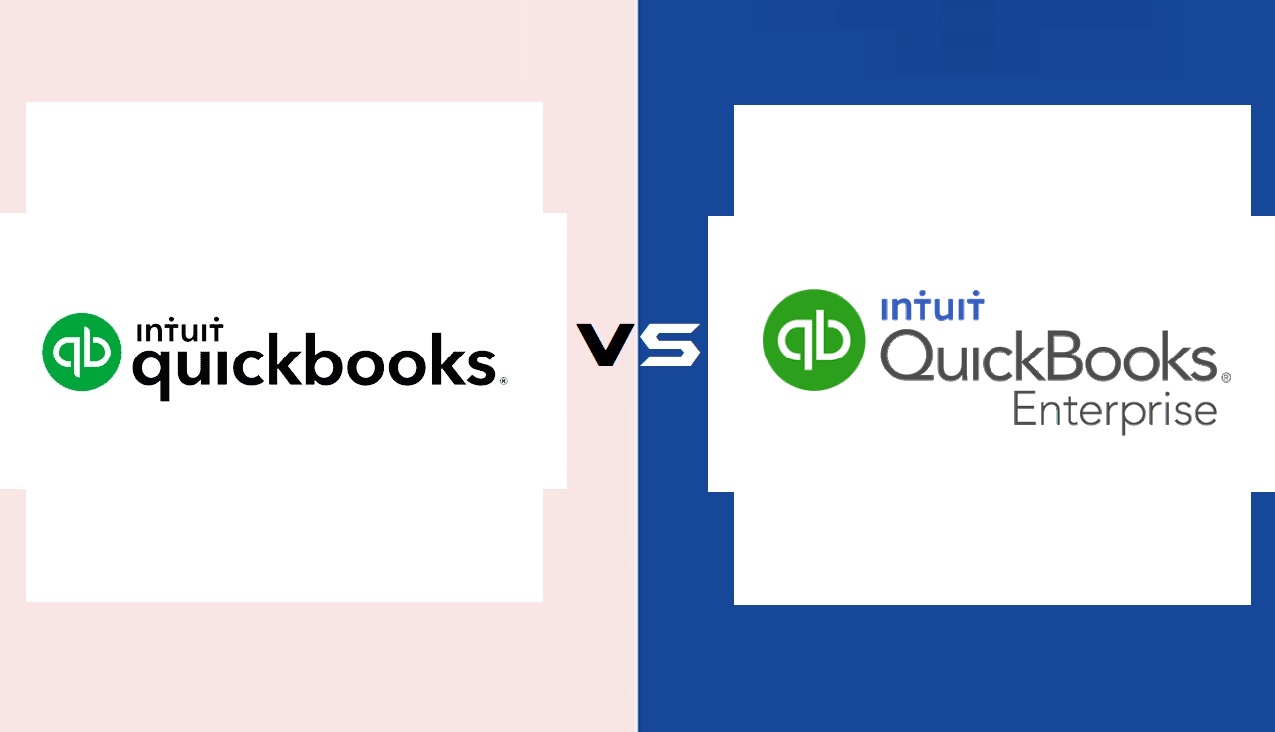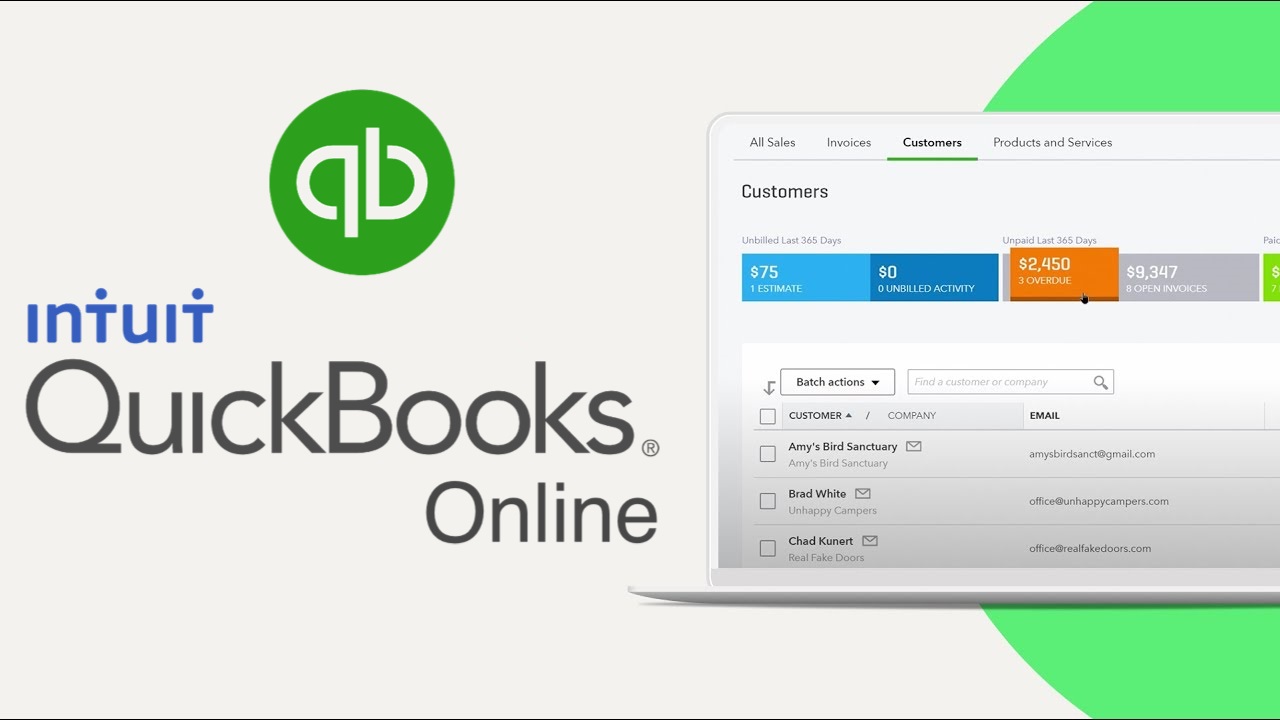Bookkeeping and accounting are two essential functions that every business needs to perform to manage its finances. Although these terms are often used interchangeably, there are significant differences between the two. In this article, we will explore the differences between bookkeeping and accounting and how they contribute to the financial success of a business.

What is Bookkeeping?
Bookkeeping is the process of recording all financial transactions of a business. This includes recording income, expenses, assets, and liabilities. Bookkeeping is the foundation of financial management, and it provides the data necessary for financial decision-making. Bookkeepers are responsible for keeping track of all financial records, including receipts, invoices, and bank statements.
Bookkeeping tasks include:
- Recording financial transactions: Bookkeepers record all financial transactions of a business, including sales, purchases, expenses, and payments.
- Categorizing transactions: Bookkeepers categorize transactions into different accounts such as revenue, expenses, assets, and liabilities.
- Reconciling accounts: Bookkeepers reconcile accounts such as bank statements and credit card statements to ensure that all transactions are accurate and complete.
- Managing accounts payable and accounts receivable: Bookkeepers manage accounts payable, which involves tracking and paying bills, and accounts receivable, which involves tracking and collecting payments from customers.
- Generating financial reports: Bookkeepers generate financial reports such as income statements and balance sheets to provide insights into a business’s financial health.
What is Accounting?
Accounting is a broader term that encompasses bookkeeping and extends beyond it. Accounting is the process of interpreting, analyzing, and summarizing financial data to make informed business decisions. Accountants are responsible for analyzing financial data and providing insights into a business’s financial performance.
Accounting tasks include:
- Analyzing financial data: Accountants analyze financial data to identify trends, patterns, and opportunities for improvement.
- Creating financial statements: Accountants create financial statements such as income statements, balance sheets, and cash flow statements to provide insights into a business’s financial health.
- Tax planning and preparation: Accountants are responsible for planning and preparing tax returns, ensuring compliance with tax laws, and minimizing tax liabilities.
- Auditing and assurance services: Accountants provide auditing and assurance services to ensure the accuracy and completeness of financial records.
- Financial analysis and forecasting: Accountants use financial data to perform financial analysis and forecasting, providing insights into a business’s future financial performance.
Differences Between Bookkeeping and Accounting:
#Focus:
The primary focus of bookkeeping is to record and organize financial transactions. Bookkeeping is a process-driven task that involves collecting, recording, and categorizing financial data. In contrast, the primary focus of accounting is to interpret and analyze financial data. Accounting involves using financial data to make informed decisions, provide insights into financial performance, and plan for the future.
#Scope:
Bookkeeping is a more narrowly focused function than accounting. Bookkeeping is concerned with recording and organizing financial transactions, while accounting is concerned with analyzing financial data, preparing financial statements, tax planning, and forecasting.
#Skills:
Bookkeeping requires basic accounting skills such as data entry, categorization, and reconciliation. Bookkeepers must be detail-oriented and organized, with strong analytical and problem-solving skills. Accounting requires more advanced accounting skills, such as financial analysis, forecasting, and tax planning. Accountants must have a deep understanding of financial concepts, accounting principles, and tax laws.
#Responsibilities:
Bookkeepers are responsible for recording financial transactions, managing accounts payable and receivable, reconciling accounts, and generating financial reports. Accountants are responsible for interpreting financial data, analyzing financial performance, creating financial statements, tax planning, and forecasting.
#Credentials:
Bookkeepers typically have a high school diploma or an associate’s degree in accounting. They may also have professional certifications such as a Certified Bookkeeper (CB) designation from the American Institute of Professional Bookkeepers (AIPB). In contrast, accountants typically hold a bachelor’s or master’s degree in accounting or finance, and many are certified public accountants (CPAs).
#Software:
Both bookkeepers and accountants use accounting software to perform their tasks. However, bookkeeping software typically focuses on recording and organizing financial transactions, while accounting software provides more advanced features such as financial analysis, forecasting, and tax planning.
#Timing:
Bookkeeping is an ongoing process that must be performed daily, weekly, or monthly, depending on the size and complexity of the business. In contrast, accounting tasks are typically performed quarterly or annually, depending on the business’s reporting requirements.
#Cost:
Bookkeeping is generally less expensive than accounting. Bookkeepers are typically paid hourly or on a part-time basis, and their fees are lower than those of accountants. Accounting services are more expensive because they require a higher level of expertise and involve more complex tasks.
Why is the Difference Between Bookkeeping and Accounting Important?
Understanding the differences between bookkeeping and accounting is important because it affects the way businesses manage their finances. Bookkeeping provides the foundation for financial management, and accurate bookkeeping is critical for making informed business decisions. Accounting provides insights into a business’s financial health, and it helps business owners make strategic decisions based on financial data.
By understanding the differences between bookkeeping and accounting, business owners can make informed decisions about their financial management. They can determine whether they need a bookkeeper, an accountant, or both, and they can choose the right accounting software to meet their needs.
Also Read : Top 10 Bookkeeping Hacks from the Pros.
Conclusion:
In conclusion, bookkeeping and accounting are two essential functions that every business needs to perform to manage its finances. Although these terms are often used interchangeably, there are significant differences between the two. Bookkeeping is the process of recording all financial transactions of a business, while accounting is the process of interpreting, analyzing, and summarizing financial data to make informed business decisions. By understanding the differences between bookkeeping and accounting, business owners can make informed decisions about their financial management and choose the right financial professionals and software to meet their needs.




